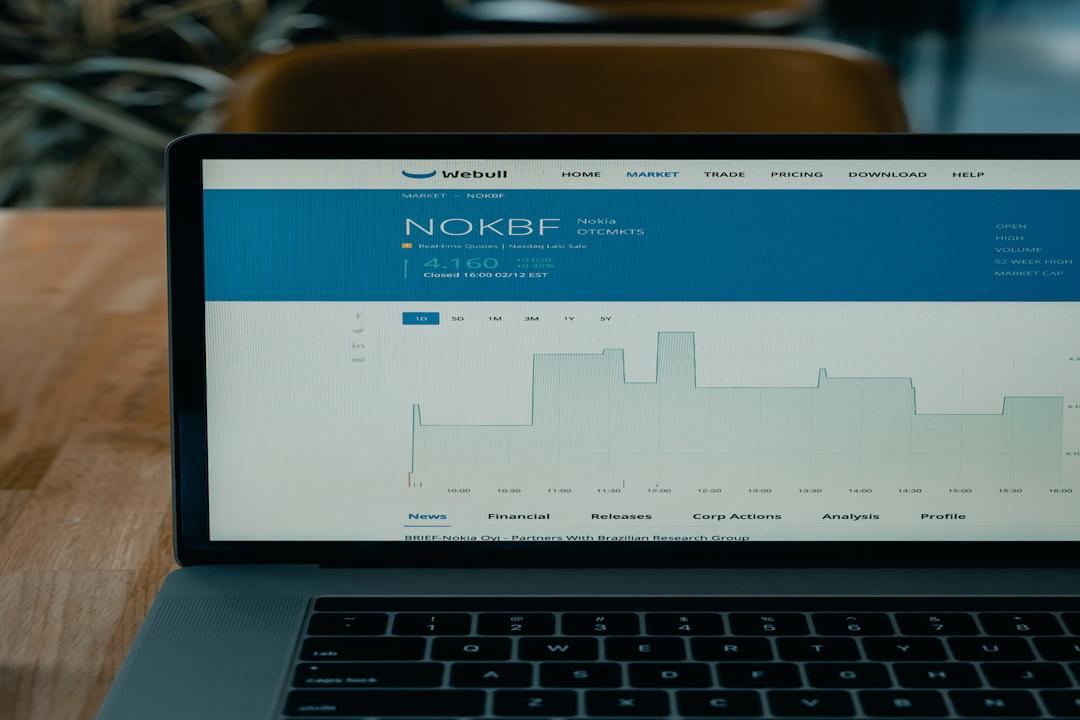Interoperability is crucial for the development of Web3, as the blockchain space grows into a diverse ecosystem of networks and protocols. Ankr, a Web3 infrastructure company, is at the forefront of building the future of the internet on blockchain. With its globally distributed node infrastructure, Ankr offers a comprehensive suite of tools and services for developers to create and operate decentralized applications (DApps) on multiple blockchains.
In a recent interview, Stanley Wu, co-founder and CTO of Ankr, discussed the importance of a decentralized web and how decentralized physical infrastructures (DePINs) will shape the future of Web3. Wu highlighted the potential of Web3 to support emerging technologies, such as open-source AI models, in a way that avoids the pitfalls of centralized conglomerations and data abuses. He also emphasized how Web3 can revolutionize financial markets by enabling tokenized assets and fostering a more transparent system. Additionally, Web3 plays a crucial role in the Internet of Things (IoT) by facilitating secure data exchange and micropayments between devices, providers, and users.
Wu also reflected on the evolution of blockchain and Web3, noting the importance of interoperability in scaling the technology. He highlighted Ankr’s collaboration with Babylon to allow proof-of-stake networks to tap into the security of Bitcoin’s market cap, while providing BTC holders with an opportunity to stake and earn yield. Wu then explained the concept of DePINs, which leverage blockchain technology and crypto incentives to bring together real-world resources. Ankr’s DePIN network, for example, allows providers to lend their blockchain nodes and earn ANKR tokens, while developers can make payments in ANKR for accessing the servers.
Discussing the trends and developments in the DePIN vertical, Wu mentioned the exploration of decentralized networks of servers, cameras, and machines. He also highlighted the potential of DePINs in supporting AI models. Wu emphasized Ankr’s role in the evolution of Web3, particularly in the DePIN field, by providing the necessary infrastructure for developers to build on-chain applications and use cases.
Differentiating Ankr’s approach to DePINs from traditional cloud infrastructure services, Wu highlighted the direct connection with providers operating cloud-based and bare-metal servers. This enables more control, profit sharing, and lower costs for users. He also emphasized the transparency offered by blockchain technology, which allows users to track all transactions and requests.
Wu then discussed the symbiotic relationship between blockchain and AI, noting how blockchain ensures trusted data for training AI models and verifying information. AI, on the other hand, enhances scalability, security, speed, and interoperability in Web3. Wu introduced Neura, a platform developed by Ankr, which combines cloud computing, AI, and Web3 for AI deployment on the blockchain. Neura addresses scalability, economic viability, and interoperability challenges, and integrates with off-chain storage solutions to ensure data security.
Exploring the utilization of Neura by startups and developers, Wu highlighted its foundational infrastructure for AI operations, including access to decentralized GPU resources, crypto-based crowdfunding, and on-chain AI operations. He emphasized the benefits of Neura in satisfying GPU demands, handling data, and obtaining funding.
In conclusion, Wu shared his vision for the future of Web3, where blockchain reaches its full potential with the freedom, tools, and infrastructure needed. He emphasized the importance of decentralization and continuous efforts to expand it, such as Ankr’s DePIN node network, in unlocking the true potential of blockchain technology.


